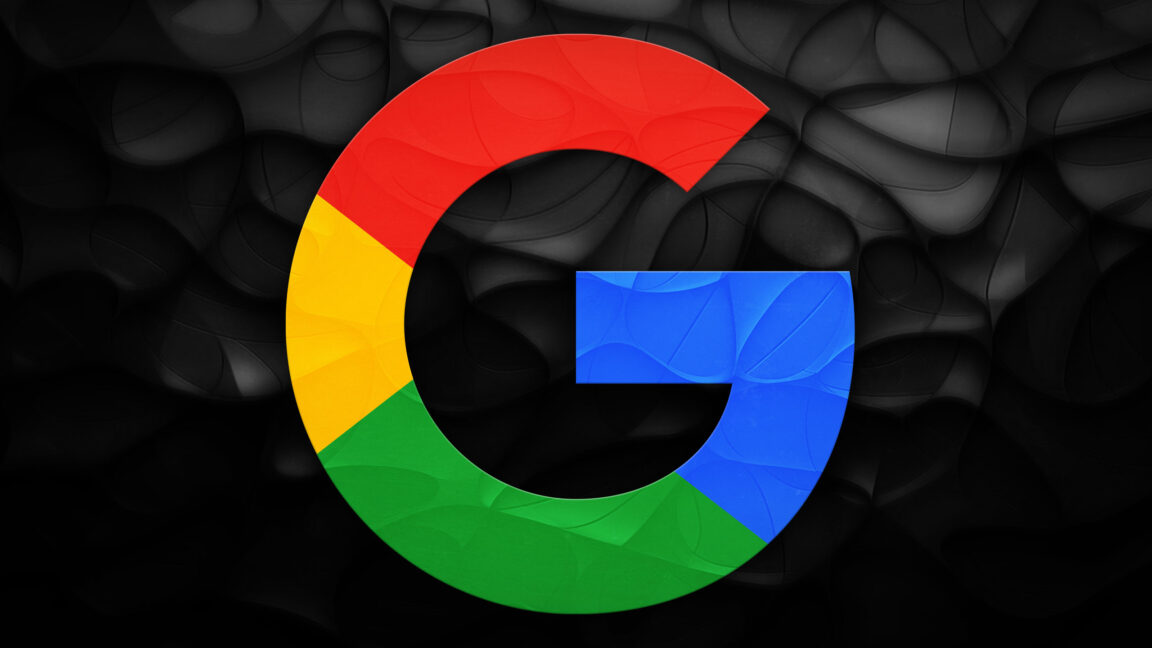Advertising and the Open Web: A Concerning Reality
The recent filing by Google has raised eyebrows, with some interpreting it as an admission that the open web is in decline. Google objects to this characterization, claiming that the statement has been misconstrued and is actually referring to open-web advertising.
Google’s Position
A spokesperson for Google calls the line from the filing "cherry-picked" and claims that it is referring to the growth of non-open web display advertising, such as connected TV and retail media, at the expense of open web display advertising. According to Google, "Investments in non-open web display advertising like connected TV and retail media are growing at the expense of those in open web display advertising."
The Impact on the Open Web
However, even if Google’s interpretation is correct, it doesn’t necessarily let the company off the hook. As AI tools have become more prevalent, Google has consistently claimed that traffic from search to the web is healthy, resulting in increased earnings from ads. Nevertheless, Google’s own filings reveal that in-app ads are the largest growth sector in advertising, while time spent on non-social and non-video content is stagnant or declining, leading to decreased earnings from display ads on the open web.
Incentives and Consequences
The distinction between the web and advertising on the web may be a matter of semantics, but it has significant implications. If display ads on websites are no longer profitable, Google’s incentives will shift. While the company claims that its AI-first search experience is still sending traffic to websites, it has not released data to support this claim. If display ads are indeed in "rapid decline," it may not be in Google’s interest to continue sending traffic to non-social and non-video content, potentially keeping users within its platform where they can interact with AI tools.
The State of the Web
Google representatives often point to the 45 percent increase in indexable content since 2023 as evidence that the web is thriving. However, this metric may not tell the whole story, as the type of content driving this growth is unknown. Given the timeframe, it is likely that AI-generated content is a significant contributor to this increase.
The Role of Advertising
The web is not just supported by ad-supported content; it is also driven by advertising revenue. If the open web is no longer attractive to advertisers, can it truly be considered healthy? Google’s filing may be an admission that the open web is struggling due to declining ad revenue.
Conclusion
The open web and advertising are intricately linked, and the decline of one may have significant consequences for the other. While Google’s filing may have been misconstrued, it highlights the concerns surrounding the future of the open web. As AI-generated content becomes more prevalent and ad revenue declines, it is essential to reassess what a thriving web looks like and how it can be supported.
FAQs
- Q: What is the open web, and how does it differ from other forms of online content?
A: The open web refers to the part of the internet that is accessible to everyone, without restrictions or paywalls. It is distinct from closed platforms, such as mobile apps, and is supported by advertising revenue. - Q: Why is Google’s filing significant, and what does it reveal about the company’s priorities?
A: Google’s filing suggests that the company may be shifting its focus away from the open web and towards other forms of advertising, such as in-app ads. This could have significant implications for the future of the open web and the way it is supported. - Q: What role does AI-generated content play in the growth of the web, and how might it impact the open web’s viability?
A: AI-generated content is likely a significant contributor to the growth of the web, but its impact on the open web’s viability is uncertain. If AI-generated content is not attractive to advertisers, it may not be enough to support the open web, potentially leading to its decline.











